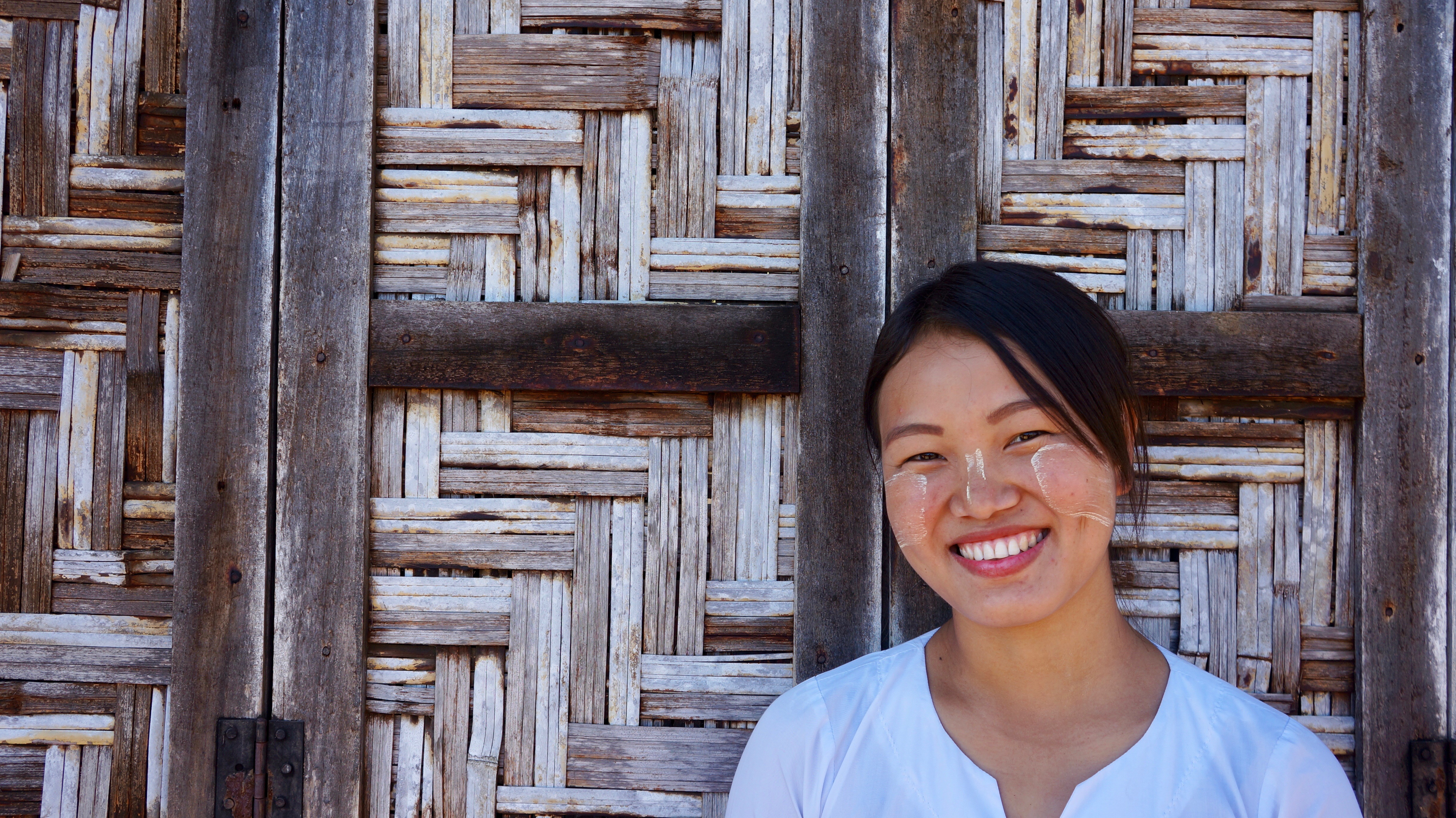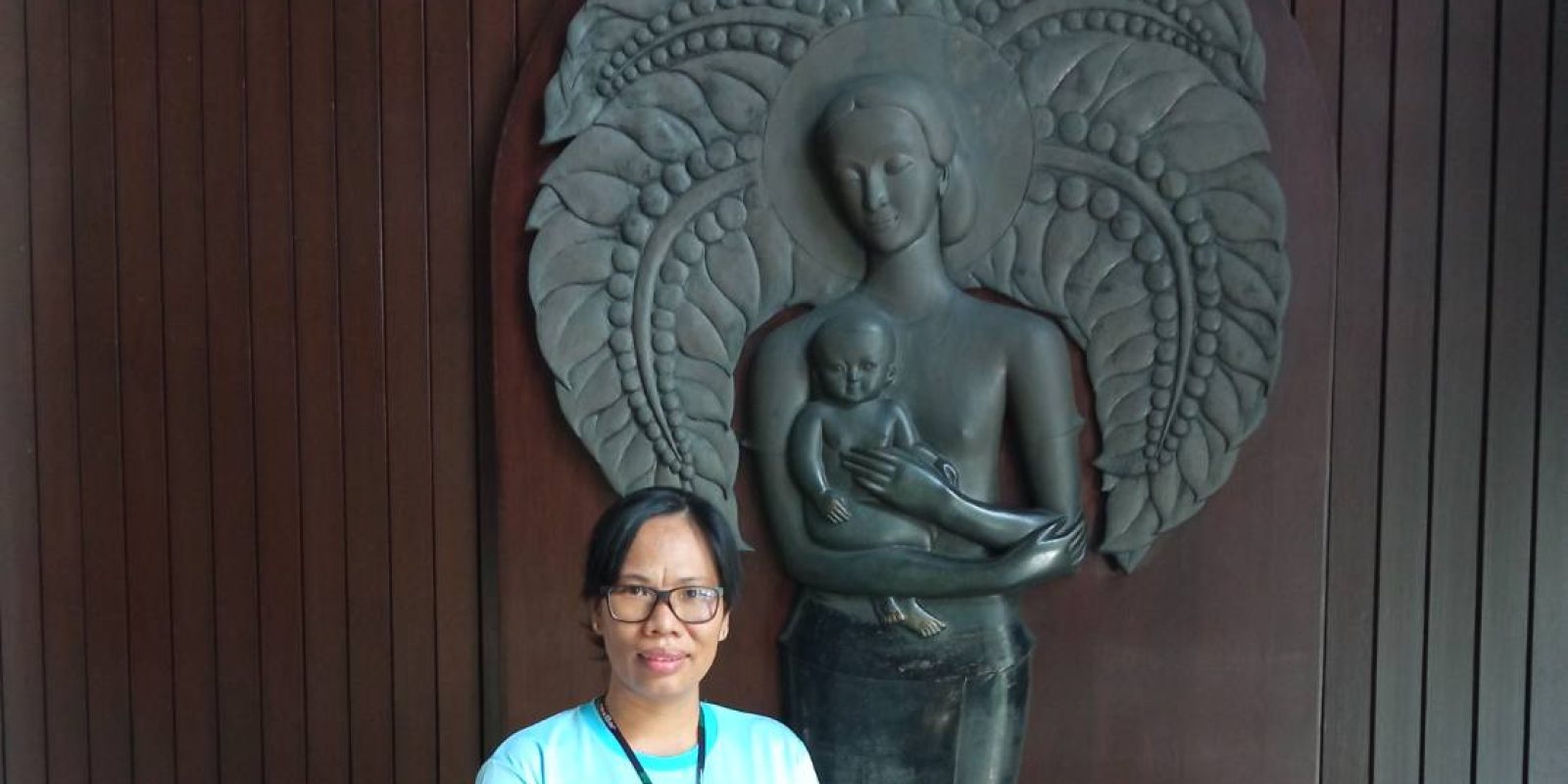Australia: When the boats come in
06 May 2014|Aloysious Mowe SJ
Most recent public opinion polls show that a significant majority of Australians support the harsh policies of the present government towards asylum seekers who come on boats. I know of no recent survey of attitudes in the Australian Catholic population towards the same issue, but it cannot have escaped us that the current policies have been put in place by a government led by a Catholic (and former seminarian) who wears his faith on his sleeve, and that the Minister for Immigration lists “Church” as his favourite hobby in “Who’s Who”.
The reality is that the current policies have in effect criminalised anyone who comes to Australia by boat to seek asylum. The government consistently refers to these asylum seekers as “illegal”, and cites this alleged “illegality” as the reason for refusing them the right to seek asylum in Australia. The government is fully aware that the UN Refugee Convention, to which Australia is a signatory, states clearly that asylum seekers should not be punished for the way they enter a country. Making an issue of a non-issue, that of illegal entry, is one of the big lies being told by this government, a lie that has contributed to the hardened attitudes of the public.
The consequences have been horrendous. Thousands of people coming to this country to seek asylum are being treated as criminals, either locked up on Christmas Island while awaiting transportation to Australia’s new penal colonies in Papua New Guinea and Nauru, or sent back to the countries which they had fled without their asylum claims being even considered. Worse, the government has admitted that unaccompanied children have been sent back to Sri Lanka without any opportunity to put in a claim for protection in Australia.
Children have now been locked up for months on Christmas Island with no access to education. In recent weeks the government has begun transporting some of these children to Nauru, their future uncertain, and their physical and mental health at risk the longer they remain in detention. The government claims the moral high ground by saying that Australia is on the side of the millions of refugees who have been waiting patiently for years in refugee camps around the world for countries such as this one to resettle them, and that 11,000 visas a year are being granted to these people. Those who come by boat are jumping the queue and should instead stay where they are until it is their turn to be resettled.
This is another lie. The reality is that there is no queue of people waiting in line according to when they became refugees, and from which Australia takes the first 11,000. There is no process to identify which of the 11 million refugees around the world are most in need of being given a permanent visa for Australia. We do not help those most in need; rather we choose the ones we want. Frequently, in fact, Australia has refused to take unaccompanied children and people with severe disabilities, arguably the most needy of refugees, because it does not want the trouble and expense that these groups would present. Australia also deliberately refuses to take refugees from certain countries, regardless of need, because of concerns about security, for example.
In his Lenten message this year, Pope Francis asks us to reflect on what it means to be like Christ who became poor, so that by his poverty we might become rich (2 Corinthians 8:9). He calls on us to “confront the poverty of our brothers and sisters, to touch it, to make it our own, and to take practical steps to alleviate it.” The asylum seekers who have come by boat to Australia claim to need our help and protection. At the very least, we should be assessing those claims, rather than assuming that they are all economic migrants, or out to rort the system, or are undeserving of Australia’s protection simply because they got on a boat. Instead, we now have a policy of refusing even to listen to their stories; we send them away unheard and unseen.
While the countries bordering Syria have taken in 2.5 million refugees from that country’s civil war, Australia has been unwilling to share its wealth and resources with the mere 17,000 boat arrivals in 2012, and the 20,000 in 2013. Pope Francis is surely right, and his words are most apt for Australians, when he says that our consciences need to be “converted to justice, equality, simplicity and sharing”. God’s special care for those in need – the poor, the stranger, the persecuted, the widow, the orphan, the prisoner – is one of the most constant themes in the Bible. From the story of the Exodus to the Sermon on the Mount, we are told that God is on the side of the stranger, the one in need of hospitality and care. In Matthew’s account of the Last Judgement, Jesus identifies himself with the needy: “I was a stranger and you welcomed me” (Matthew 25:35).
An Australian MP, making his maiden speech in Parliament in 2008, said, “From my faith I derive the values of loving kindness, justice and righteousness, to act with compassion and kindness, acknowledging our common humanity and to consider the welfare of others… Desmond Tutu put it this way: ‘We expect Christians … to stand up for the truth, to stand up for justice, to stand on the side of the poor and the hungry, the homeless and the naked, and when that happens, then Christians will be trustworthy believable witnesses.’” That MP was Scott Morrison, the architect of Australia’s present treatment of asylum seekers. His words were an accurate representation of Christian teaching; his actions betray that teaching, whatever he might claim.
And what of the rest of us who claim to bear the name of Christ, who made himself poor? Have we welcomed the stranger, even at great cost to ourselves? Or have we locked up our Lord on Christmas Island, and sent him to Nauru and Manus Island, out of sight and out of mind? “Truly I tell you, whatever you did not do for one of the least of these, you did not do for me” (Matthew 25:45).
By Aloysious Mowe SJ
First published in the April edition of Aurora and JRS Australia website.



